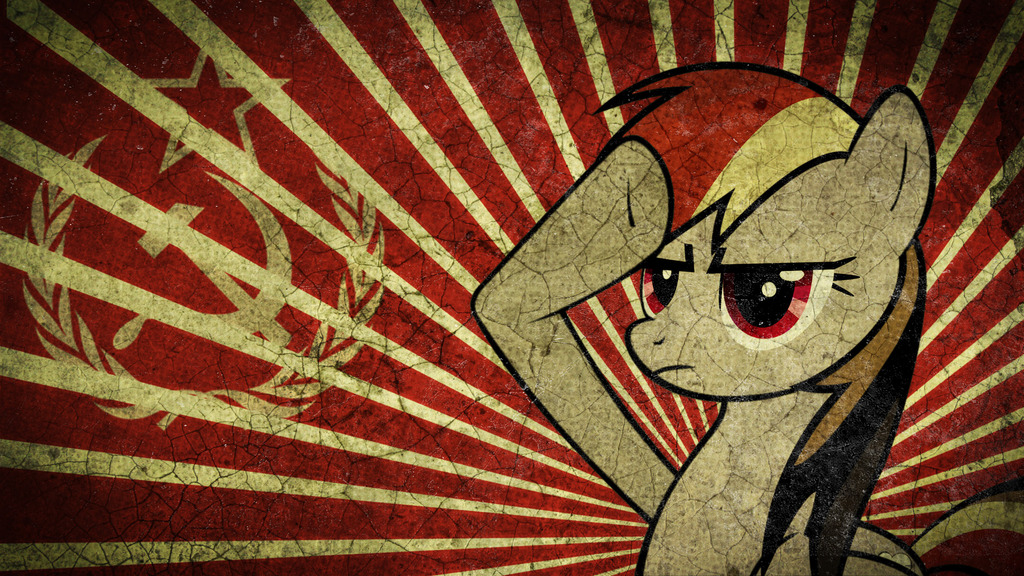It’s like China is just that one country (aside from the Khmer Rouge) that every ML (aside from Dengists like us) agrees to hate on.
Fellow Traveler and leftypol uploaded videos criticizing them, the Shining Path hung up literal dogs to protest them, Maoists go all insane saying that it’s some red fash social-imperialist nation because (insert nato propaganda here). And Hoxhaists claim that China was never socialist and that the only socialist nation ever was USSR before Khrushchev and almighty holy Albania.
What is it that makes China so controversial even among MLs? I get that it’s not perfect and every AES state has their Ls, but jesus.


Maybe you could further explain how uneven development or any of the other issues are “rightist errors”, there is a fundamental divide between people who outright reject Deng Xiaoping’s policies and those who accept them with criticism. The policy of 一国两制 (One China, Two Systems) is probably the most suitable example that can be viewed as “rightist”, letting Hong Kong and Macao continue to operate their capitalist system. Other less “egregious” examples are 经济特区 (Special Economic Zones) like Shenzhen and Hainan, there’s also the “infamous” 社会主义市场经济 (socialist market economy).
From Mao era’s 世界人民大团结万岁 (Long live the great unity of the people of the world) to Xi era’s 人类命运共同体 (community of shared future for mankind), China has always been advocating for internationalism.
Nationalism’s call to unity is collectivism at the national-level, I agree that collectivism at different levels can be in conflict with each other, for example when family interests conflict with national interests. There is a Chinese saying “舍小家、为大家”, which means something like “for the greater good”, to describe putting the interests of the greater collective (nation) before the smaller collective (family/self).
Similarly, national interests and international interests can also be conflicting, but China doesn’t choose nationalism or internationalism exclusively, it depends on the situation. When assisting the development of Global South countries, is that not internationalism at work? When handling disputes in the South China Sea, China defends its legitimate claims to the islands for national interests.
Nationalism can be reactionary when used at the expense of other nations (invasion, chauvinism, xenophobia), internationalism can be reactionary when used in disregard of legitimate national interests (like contributing to underdevelopment of the current nation, sounds familiar? That’s what some people say when China provides cheap goods at the detriment of Chinese workers). Until world communism has been achieved, there’s no simple “choice” between nationalism or internationalism, even then there will be new problems in the new world order.
These issues are the result of SWCC, which was to the “right” relative to other positions that existed when it was developed. Though the label applied is not really the point. The point more so is that these issues could have jeopardized the entire Chinese experiment, especially when it came to corruption and party loyalty.
This is true, but we should not view “China” as a singular entity with a singular will. There is a danger to creating even a positive nationalism of the type you describe. It can lead to chauvinistic attitudes amongst portions of the population and party members. This is especially true in the broader context of Chines society being somewhat conservative in its views.
Yes, and this is likely the source of the resurgent nationalistic attitudes. There is no simple solution to this issue and I fear that the politics around these issues will continue to get more heated and even lead to the CPC making a misstep or full-scale war.
Fair enough.
I’ll also add that “nationalism” is one of those spooky words the West likes to trot out to beat the Global South with simply on the premise that because Western nationalism was an absolute clusterfuck (and here they’ll usually point to the “nationalism as reason for WWI and WWII so it must be bad” gimmick which is agnostic of the Marxist discourse on the role of capital and imperialism in those wars), it must mean that Global South nationalism must transitively be bad as well.
Similar to how Western sexpats post pictures on Reddit of Buddhist swastikas trinkets in Asian flea markets and the comments use it as a sign that Asians don’t care about the Holocaust. Yes, places like Modi’s India show that Global South currents of nationalism can be warped into profound fascism and cultural chauvinism, but this should not be seen as the prima facie character of Global South nationalism, particularly for AES states.
In essence, nationalism in the Global South operates on a different register from how it is seen in the West and this distinction should not fail to be appreciated. The reason why the West itself downplays nationalism is because the entire bloc is now more or less subordinated to American hegemony not unlike how their propaganda once portrayed Comintern/Cominform Internationalism. Countries with flare-ups of nationalistic (or “patriotic”) state character like right-wing Hungary interfere with the ease of coordination to Washington directives and thus are a distinctly problem child for US state interests, which is why nationalist currents are generally suppressed today in the West.